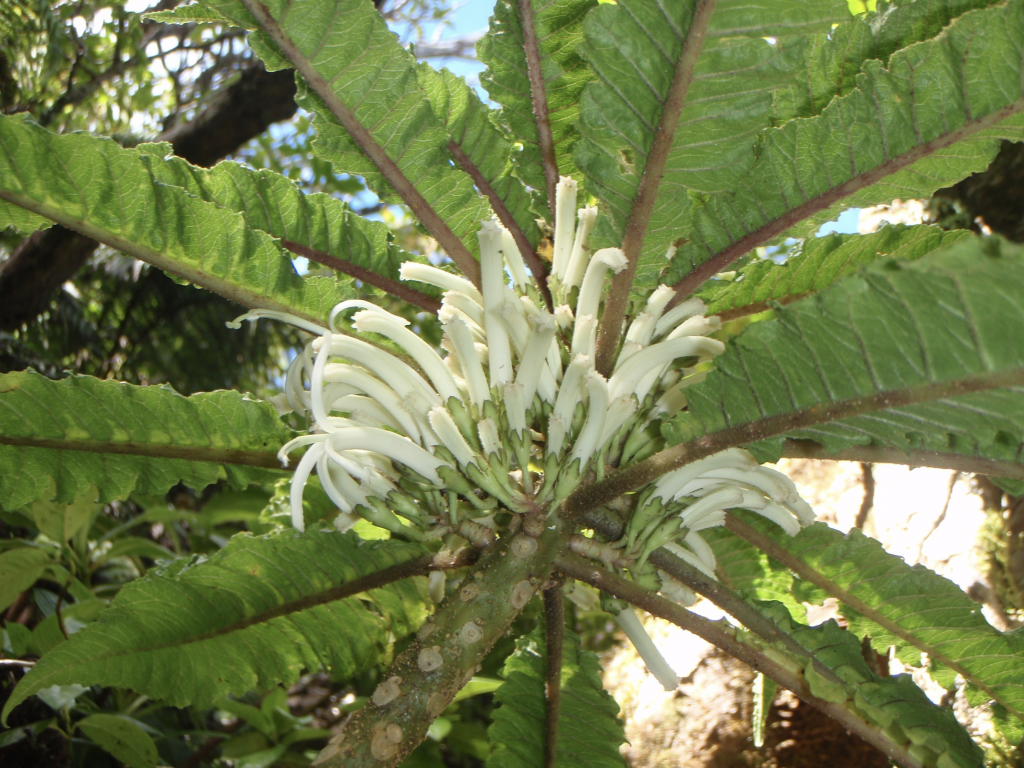Sen. Hirono introduces Extinction Prevention Act to safeguard endangered species

Ahead of Endangered Species Day, US Sen. Mazie K. Hirono (D-HI), member of the Senate Energy and Natural Resources Committee, introduced the Extinction Prevention Act, bicameral legislation to provide funding for some of the country’s most imperiled yet underfunded wildlife species. This includes threatened and endangered North American butterflies, various Pacific Island plants, freshwater mussels, and Southwest desert fish.
The legislation, led by Sen. Richard Blumenthal (D-CT) in the Senate, was also introduced in the House by Rep. Raúl Grijalva (D-AZ).
“In Hawaiʻi, native plants are crucial to the islands’ history, culture, and environment, which is why our communities prioritize the preservation of our unique biodiversity,” said Sen. Hirono in a news release. “I’m glad to join my colleagues in reintroducing this legislation to invest in the conservation of some of our nation’s most vulnerable species. It is important that we protect endangered species so they can continue serving important ecological roles for years to come.”

The Extinction Prevention Act addresses the longstanding issue of insufficient funding which has plagued efforts to recover these at-risk species, in some cases, for decades, according to Sen. Hirono.
The act authorizes $5 million annually for each species group to fund conservation projects related to:
- restoration, protection, and management of ecosystems
- research and monitoring of populations
- development and implementation of management plans
- enforcement and implementation of applicable conservation laws
- community outreach and education
Habitat protection for these less charismatic species is chronically underfunded despite them being among the species most at risk of extinction:
- North American butterflies—one of the fastest declining groups of all endangered species—have not seen a single species improve among the 39 listed.
- The situation is equally dire in Hawaiʻi and the Pacific Islands, where nearly 400 plant species are threatened or endangered, representing about 22% of all listed species. In Hawaiʻi, more than 200 plant species have dwindled to fewer than 50 wild individuals.
- Freshwater mussels are currently the most imperiled animal group in the country, with 70 percent of U.S. species at risk of extinction and 38 species already lost.
- Southwest desert fish are being threatened by drought and water scarcity, resulting in significant population and habitat reductions. Currently, 42 species are listed as endangered or threatened.

Eligible applicants for funding include relevant states, territories, tribal governments, or any other entities with the expertise required for the conservation of the particular species group.
In addition to Senators Hirono and Blumenthal, the bill has also been co-sponsored by Sen. Jeff Merkley (D-OR).
This bill has been endorsed by the Endangered Species Coalition; Center for Biological Diversity; and the Columbus Zoo and Aquarium Freshwater Mussel Conservation and Research Center
The full text of the bill is available here. A fact sheet about the bill is available here.






